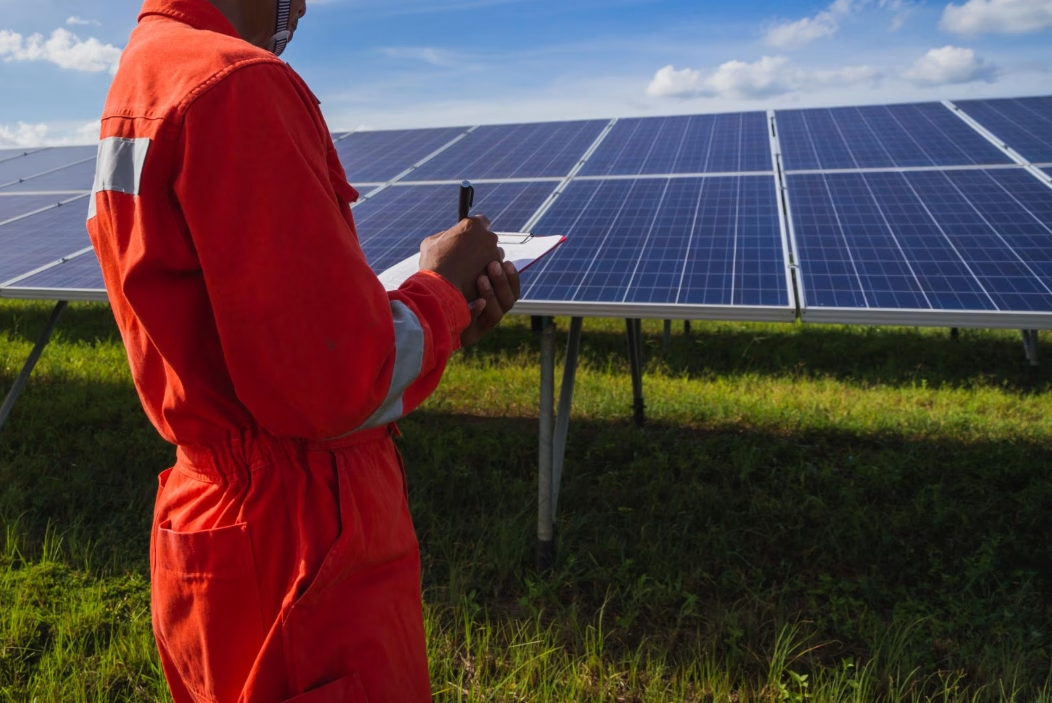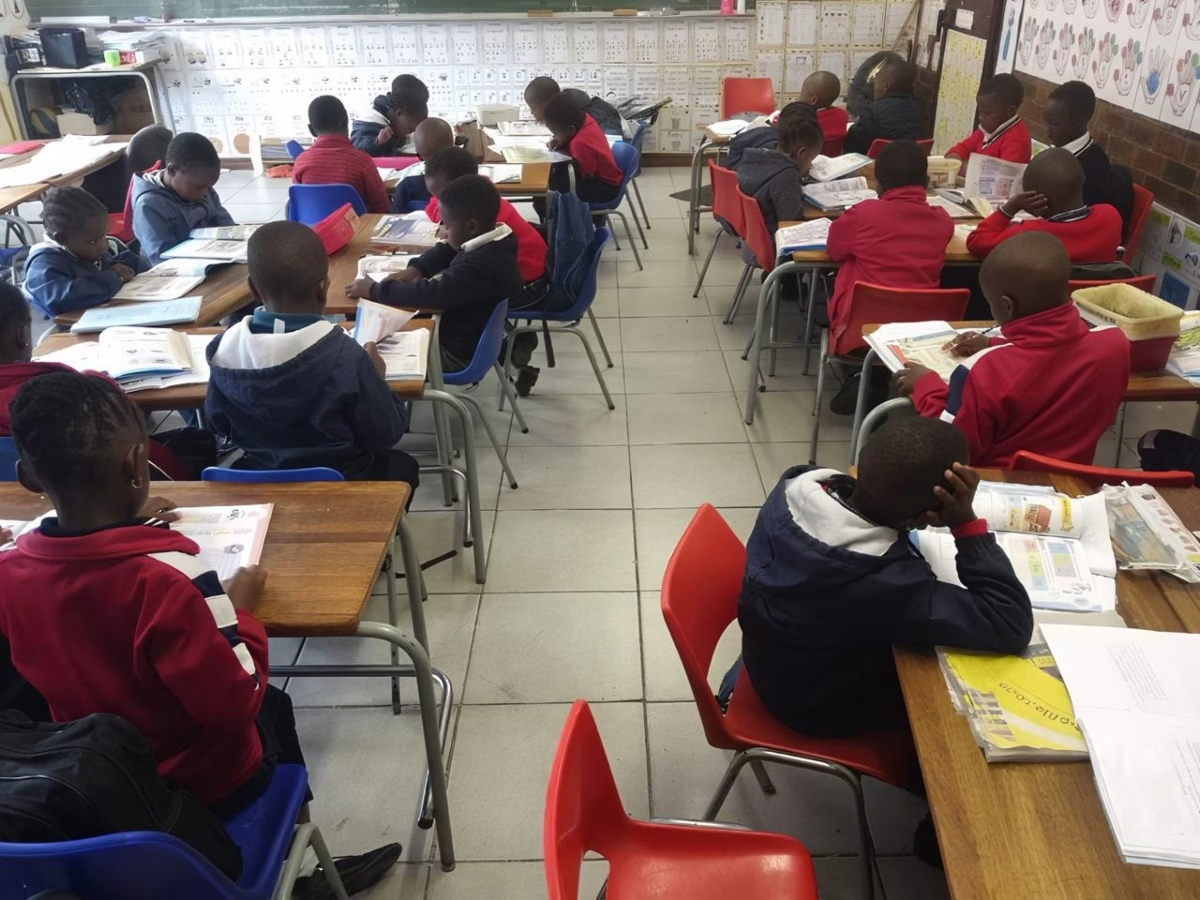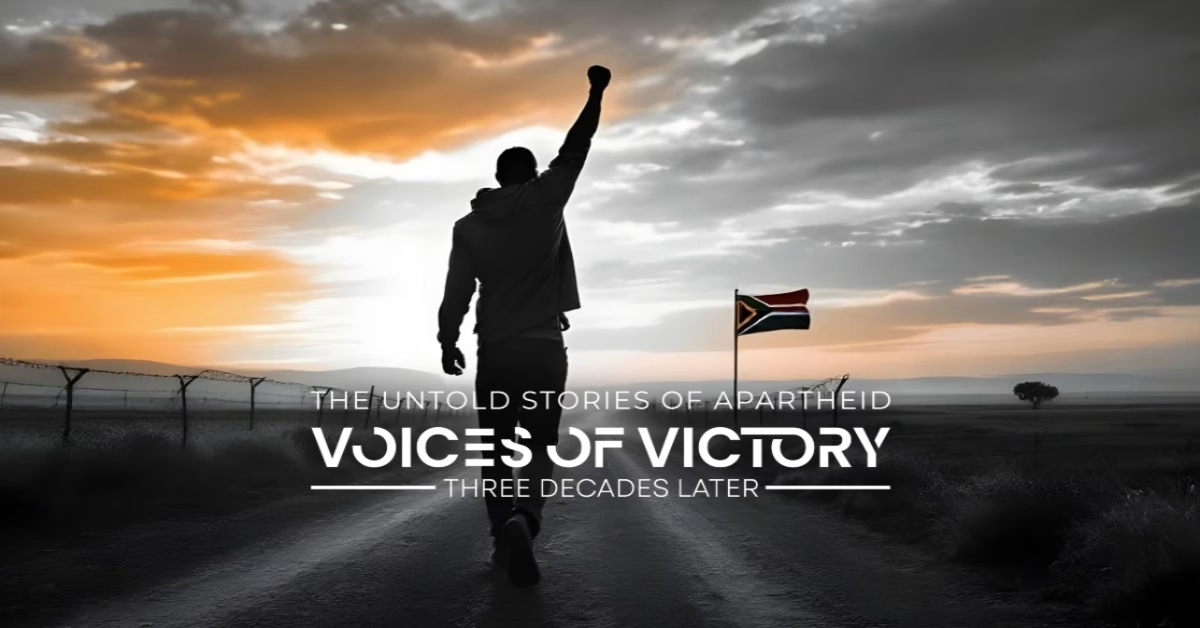It’s about the right people, not just the right panels, says SolarAfrica’s Head of Commercial Brandon Horn.
As the race to renewables speeds up, a trust gap is emerging. Too many businesses have been burned by botched installs, fly-by-night providers, and confusing financing – while others simply don’t know enough to ask the right questions.
Brandon Horn, Head of Commercial at SolarAfrica, says that while South Africa’s energy transition is gaining momentum, so too are project delays, failures and broken promises.
There is, however, a way for customers to navigate and bridge this trust gap.
The trust gap
“This has emerged largely due to the industry’s superficial growth during the loadshedding crisis. As demand for energy alternatives soared, many new players entered the market without the necessary expertise, track record or internal capability to effectively deliver.”
Horn says that many businesses are unfamiliar with how Power Purchase Agreements (PPAs) work or how systems are engineered and regulated, and thus were left vulnerable.
“As loadshedding peaked, the market was flooded with new players offering quick-fix solar solutions. Yet without the necessary in-house expertise or experience, many critical services – such as engineering, compliance, safety and legal – were outsourced, resulting in poor integration, misaligned values, inconsistent standards, and a lack of ownership.”
He likens the flood of solar installers during loadshedding to buying a car from a dubious dealership. “On paper, it looks good: shiny, affordable, gets you from A to B. But 5 to 10 years down the line, when it needs servicing or spares, the company is nowhere to be found.”
“Solar is a 20-year asset, not a short-term consumable. If you get the design, engineering or maintenance wrong, you’re stuck with those mistakes for decades.”
What to look for in an energy partner
Horn says that by contrast, providers with end-to-end in-house teams – who’ve cut their teeth through experience – offer a single point of accountability and consistent quality across the project lifecycle. “It’s about more than just panels; it’s about the people behind them,” he says.
Horn says it’s important to look for a reputable energy partner to ensure you’re getting performance and not just empty promises. “They should have a proven track record of projects, in-house expertise and local presence. Ask about their future plans – your energy needs as a business will evolve, and you don’t want to be locked into a PPA with a company that only does solar, and cannot meet your changing requirements.”
End-to-end reduces risk
Amid this noise and confusion, SolarAfrica stands out as an illuminating example of how integrated in-house expertise can deliver real value to customers. With over a decade of experience, the company has built a solid track record across a range of complex projects – from rooftop and ground-mounted systems to large-scale battery and wheeling solutions for numerous commercial and industrial sectors.
Horn says that where many providers outsource key functions, the secret to SolarAfrica’s success is that it manages everything in-house – from legal and environmental to compliance, asset management and customer experience. “This integrated model ensures every team shares the same standards, timelines and accountability,” he explains. The company was also named ‘African Solar Company of the Year’ by the Africa Solar Industry Association in both 2021 and 2023 – proof that this model is recognised for the positive results it delivers.
Horn says that one of the company’s key differentiators is its utility project development division. These experts are dedicated to developing and operating large-scale renewable energy projects that supply clean power to the national grid and commercial off-takers via wheeling agreements. This includes projects such as the company’s flagship solar farm SunCentral, which recently reached financial close on the first 114 MW of the project’s total 1GW capacity. Running parallel to this function is SolarAfrica’s legal, environmental and compliance teams, which focus on these key aspects of both utility-sized projects and the traditional on-site solar and battery systems the company provides to businesses.
SolarAfrica’s business development team, which focuses on innovation, constantly analyses customer pain points and the energy landscape to ensure the company stays ahead of the curve. “With energy regulations changing constantly, you need a partner who’s not just responding, but proactively anticipating what’s next. Our business development team also tracks future regulatory shifts and builds solutions in advance.”
Another common execution risk in the market is poor system design – often due to a lack of engineering expertise. “We’ve seen systems that look good on paper but are oversized, non-compliant or underperforming. That’s usually because the design was rushed or outsourced.” At SolarAfrica, every project begins with in-house technical and engineering teams conducting site visits, modelling data, and tailoring the solution to the client’s energy profile.
Horn says that it’s important to SolarAfrica that it owns every stage of the project lifecycle. “We don’t walk away once the panels are up. We stay accountable for the system’s performance over its full lifespan,” he says. This includes in-house asset management, maintenance and customer experience teams that monitor, maintain and optimise systems month by month. It’s an approach that keeps clients informed, protected, and confident that what was promised will actually be delivered.
With additional expertise stretching across sales, finance, marketing, operations, IT and people operations, to name a few, the company is building a solid base of professionals to support all aspects of the business. “When everyone has the same heartbeat, you get consistency in delivery and quality. There’s one set of values, one point of contact, one service culture, and one standard – and that makes all the difference when you’re investing in a 20-year energy asset,” he concludes.










